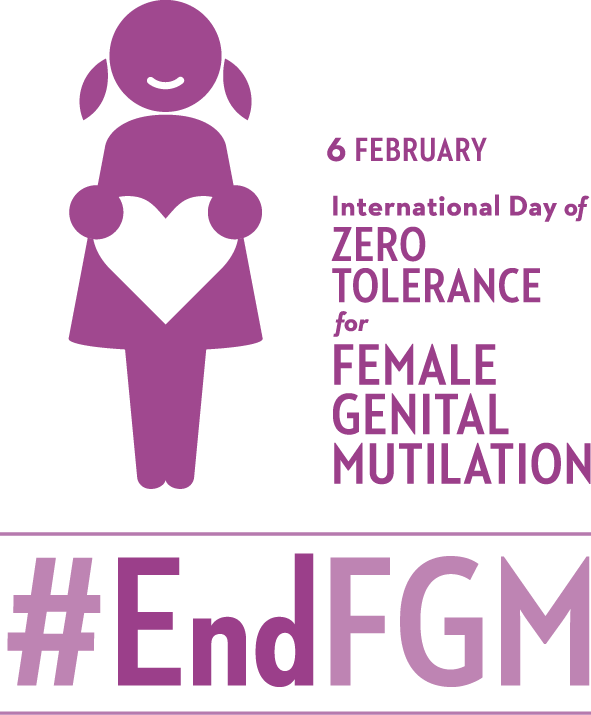
February 6 has been designated by the United Nations as the International Day of Zero Tolerance for Female Genital Mutilation (FGM). Having such an earmarked time to draw attention to what is undoubtedly a practice that harms – physically, emotionally, and psychologically – the several million girls and women who have undergone some form of the procedure and will continue to undergo it if current trends persist makes eminent sense. It makes sense because such attention will hopefully induce families, communities, and governments to more clearly recognize and acknowledge that the practice of FGM benefits no one: not women, not families, not communities, and not already overburdened public health systems.
At the same time, we need greater clarity on what we mean by the term “zero tolerance” in this particular context. Guidance cannot be easily had from other walks of life where a policy of zero tolerance has been declared. For example, when a society or a country declares a policy of zero tolerance to murder or theft, the most common form of this zero tolerance is the criminalization of the murder or theft and the consequent punishment of the committer of the murder or theft.
But surely that is not the central message being conveyed by the terminology of zero tolerance of FGM. Even the staunchest opponents of FGM can see that the criminalization and stringent prosecution of the perpetrators of FGM can often lead the practice to merely go underground; in turn this can make it even more harmful to the health and human rights of the girls subjected to it. And if and when the perpetrators are nevertheless caught and prosecuted, the criminalization can still harm girls and women because it is usually the families and communities of these women who are fully complicit in the practice, and imprisoning or fining them can only further impoverish and render hapless the girls who depend on these families – for physical survival of course, but also for emotional sustenance.
So what we want to achieve by the harsh sounding phrase “zero tolerance” is actually something much more collaborative, if not conciliatory. We want to co-opt the believers in this practice to stop believing in its benefits and to become more starkly aware of its costs. This kind of change in attitudes and practices requires heavy investments in what the old family planning literature used to call IEC – the information, education, and communication activities that persuade families and communities to now become actively complicit in speaking up against FGM, refusing to perform it on their wives and daughters, and shaming families that still resort to it.
In other words, what we need is to move communities to a new normal, one in which it is not active and continuous policing, but new notions of honor and human rights that protect women from a practice that no religion actually condones, let alone encourages, the popular myths of its association with some religions notwithstanding.
Some anthropologists have suggested another way of also dealing with the problem. Given that FGM is treated, in many of the places in which it is common, as a rite of passage, as a ritual, what we might want to do is to make it symbolic rather than substantive. So, for example, we might encourage the celebration and the feasting that usually accompany rites of passage, with the performance of FGM being reduced to just that – a performance, but one that is symbolic rather than actual. And given that on this one day, the individual undergoing the rite is usually the center of positive attention as well, one could use the day to place young girls at the center of familial and community love and praise and gift-giving, thereby turning an event that expresses control over females into one that acknowledges their centrality to human existence. After all, all cultures have rituals connected with entry into different stages of the life cycle – be it birth, or the first eating of solid food, or puberty, or marriage, or even male circumcision.
Accommodating these rituals in a way that preserves the tradition (and the fun) but eradicates the harm (or the coercion) might be one additional and effective way to define zero tolerance on a matter that continues to threaten the reproductive health and rights of so many young girls today.



 View All Blog Posts
View All Blog Posts